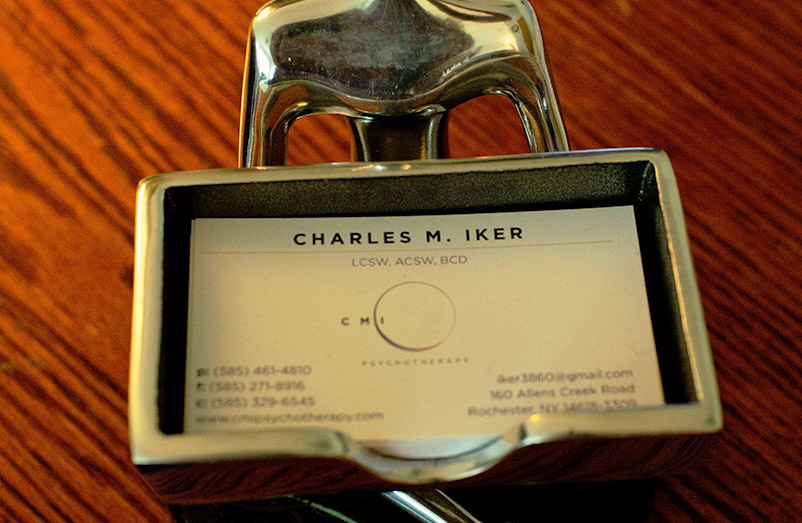
During our first meeting, I listen to the area of concern and/or the description of the difficulties. The first session is a mutual meeting where we both decide if we are a good match for each other.
If I can help, we will find a mutually acceptable time to meet. Alternatively, if either party decides that we aren't a good match I would try to refer them to other therapists in the community. In the case that this is an out of town or tele-therapy referral and we decide we are not a good match I can make several recommendations for you to find a more appropriate therapist.
If we choose to work together, I will complete a psychosocial assessment that may include my thinking from the clinical interview and other pertinent information. I will devise a treatment plan or a flexible guide to achieve the patient's goals.

When I'm working with a child, it is important to attend to the way that the parents are parenting the child.
Questions I ask: Are the parents working together in a congruent fashion, or are they inadvertently working against each other?
If a referral is made with the express purpose of conducting family therapy, I will move forward with the family treatment. My expertise is in the different forms of family therapy.
At other times, if the identified patient, most often a child or adolescent, is referred to treatment, and the family issue needs to be addressed I will make that recommendation to the family.
My work with couples is influenced by my experience working with trauma patients and conducting family therapy.
My approach to couple's treatment is strongly influenced by a couples-oriented application of Intensive Short Term Psychodynamic Psychotherapy

I have experience running groups, including a group for adolescent males in Anger Management and a group for adult men who had difficulties with domestic violence. I used the Duluth Model.
Adult: An assessment will be conducted to clearly ascertain the problems being addressed. As appropriate, I provide remote therapy using the HIPPA compliant Zoom program. A determination of appropriateness is made for services at the time of request. The ability to provide remote services has allowed me to follow some of my adolescent high school age patients who choose to continue their treatment and/or allows them to check in during a crisis.
Children: An assessment will be completed and background information gathered. Parents will likely be part of the overall treatment process depending on the child's age.
My main supervisory expertise includes working with trauma, children and adolescents, and providing therapy to adults.
I am also trained in trauma treatment, Intensive Short Term Psychodynamic Psychotherapy (ISTDP), and hypnosis.
